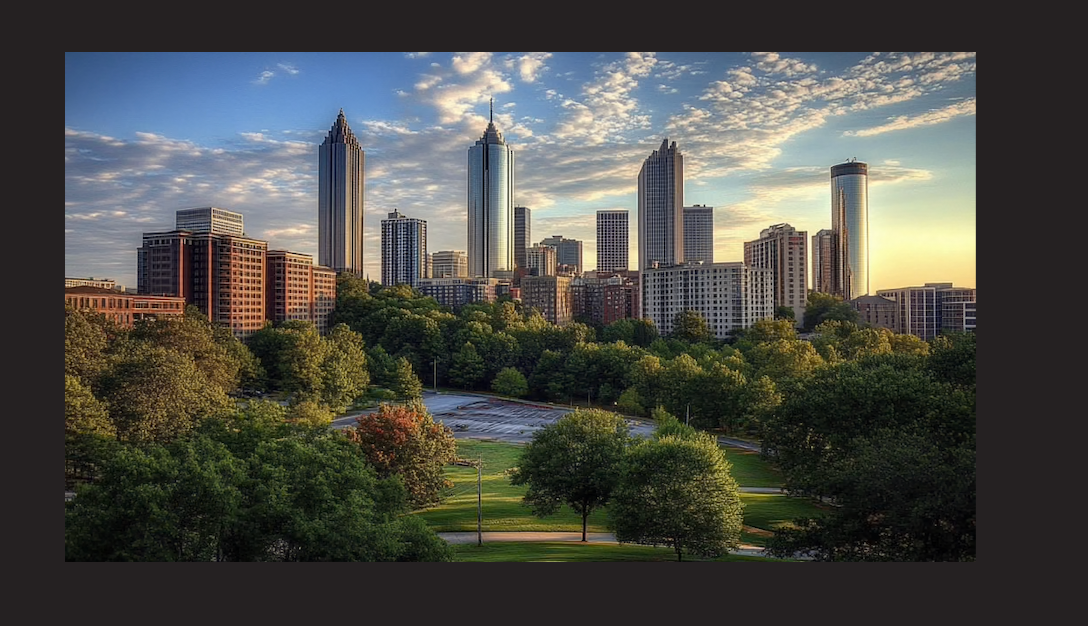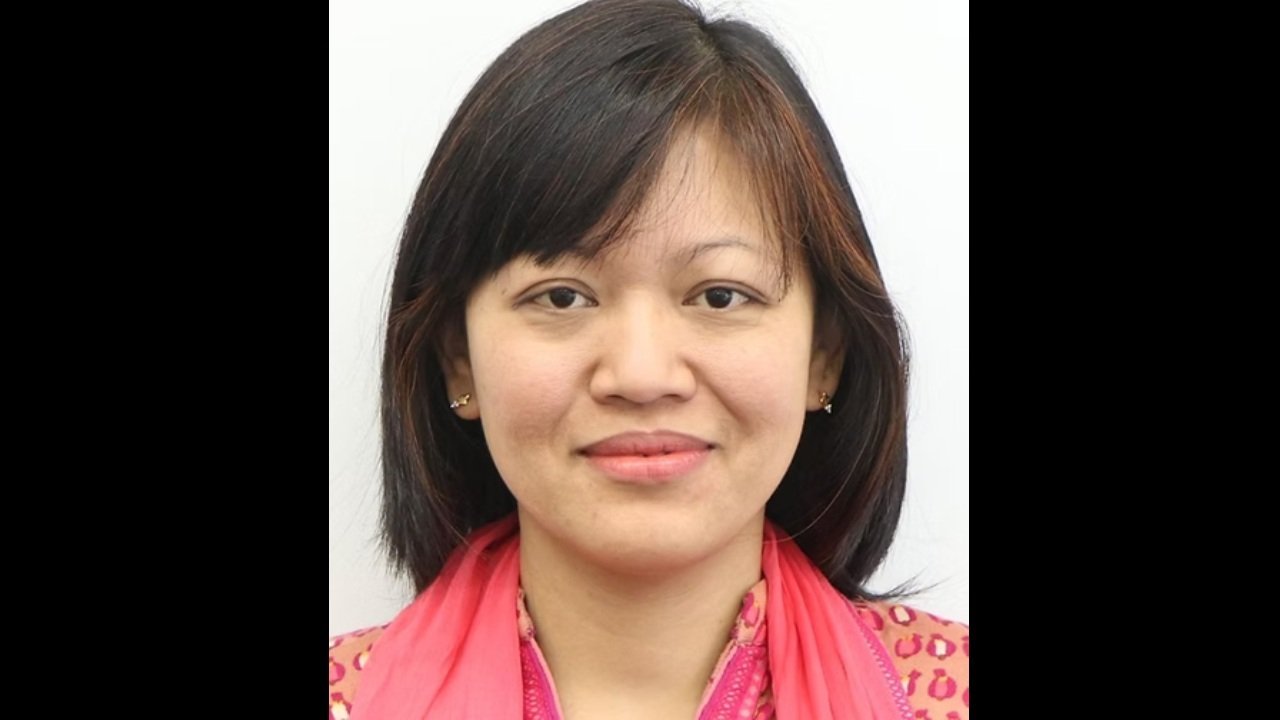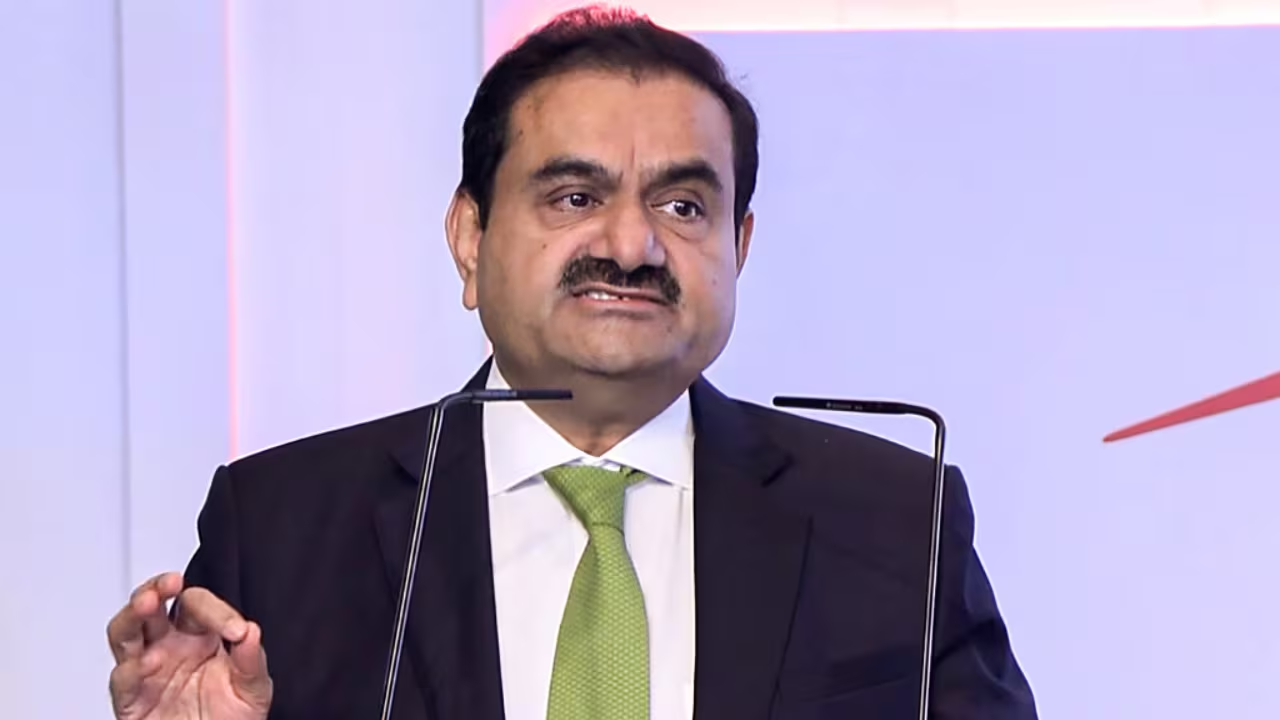A Blow to Indian Diaspora:
An analysis by Pew Research based on the 2022 U.S. Census estimates that 34% of the 4.8 million Indian Americans were born in the U.S. and automatically became citizens
President Donald Trump’s executive order, titled “Protecting the Meaning and Value of American Citizenship,” has sent shockwaves through the Indian diaspora, reported timesofindia.indiatimes.com.
While many assumed Trump’s campaign rhetoric about ending “birthright citizenship” would primarily target children of illegal immigrants, the new policy significantly impacts even families of legal immigrants, including H-1B visa holders, students, and other non-immigrant categories.
Under the executive order, effective 30 days from its signing, children born to parents in the U.S. temporarily—such as those on work, dependent, or student visas—will no longer receive automatic American citizenship unless one parent is a U.S. citizen or green card holder. This change particularly affects over a million Indians stuck in a decades-long backlog for employment-based green cards, who had previously relied on their U.S.-born children’s citizenship as a pathway to stability.
An analysis by Pew Research based on the 2022 U.S. Census estimates that 34% of the 4.8 million Indian Americans were born in the U.S. and automatically became citizens.
For Indian families waiting in the green card queue, the birthright citizenship provision provided a lifeline, as these children could sponsor their parents for permanent residency once they turned 21. With the new rule, this avenue is now closed, leaving many families in limbo.
The Controversy Around the 14th Amendment
Trump’s executive order argues that the 14th Amendment, which grants citizenship to all individuals born in the U.S., was never intended to apply universally. It cites the clause “subject to the jurisdiction thereof” to exclude children born to temporary visa holders from citizenship. Legal experts, however, strongly dispute this interpretation.
Cyrus D. Mehta, a New York-based immigration attorney, explained that the 14th Amendment has consistently been interpreted to grant citizenship to almost all individuals born on U.S. soil, except children of diplomats and enemy occupiers. Mehta warns that the order, if upheld, will prevent children of H-1B and H-4 visa holders from being issued U.S. passports.
Legal battles over the order are inevitable, with many predicting that the U.S. Supreme Court, dominated by conservative justices, will ultimately decide the issue. Until then, the fate of children born to parents without green cards or U.S. citizenship remains uncertain
Greg Siskind, co-founder of the immigration law firm Siskind Susser, called the executive order “unconstitutional” and highlighted that the phrase “subject to the jurisdiction thereof” was never intended to target temporary visa holders. He predicts the order will face intense litigation, with organizations like the American Civil Liberties Union (ACLU) already filing lawsuits to challenge its legality.
Ashwin Sharma, another immigration attorney, referenced a landmark Supreme Court case that reaffirmed the inclusion of children born to non-citizen parents under the 14th Amendment. This precedent granted citizenship to children of Chinese immigrant parents, setting a legal foundation that leaves little room for reinterpretation.
Broader Implications
The ripple effects of this policy are profound. Families on temporary visas, already burdened by a century-long green card backlog, now face uncertainty regarding their children’s citizenship. The order eliminates their hope of securing permanent residency through their U.S.-born offspring.
Fiona McEntee, an immigration attorney, criticized the executive order for its language, which assumes every child is born into a traditional family structure of a “mother and father.” She also flagged the potential gender bias in the policy.
***********************************************************
Readers
These are extraordinary times. All of us have to rely on high-impact, trustworthy journalism. And this is especially true of the Indian Diaspora. Members of the Indian community overseas cannot be fed with inaccurate news.
Pravasi Samwad is a venture that has no shareholders. It is the result of an impassioned initiative of a handful of Indian journalists spread around the world. We have taken a small step forward with the pledge to provide news with accuracy, free from political and commercial influence. Our aim is to keep you, our readers, informed about developments at ‘home’ and across the world that affect you.
Please help us to keep our journalism independent and free.
In these difficult times, running a news website requires finances. While every contribution, big or small, will make a difference, we request our readers to put us in touch with advertisers worldwide. It will be a great help.
For more information: pravasisamwad00@gmail.com











